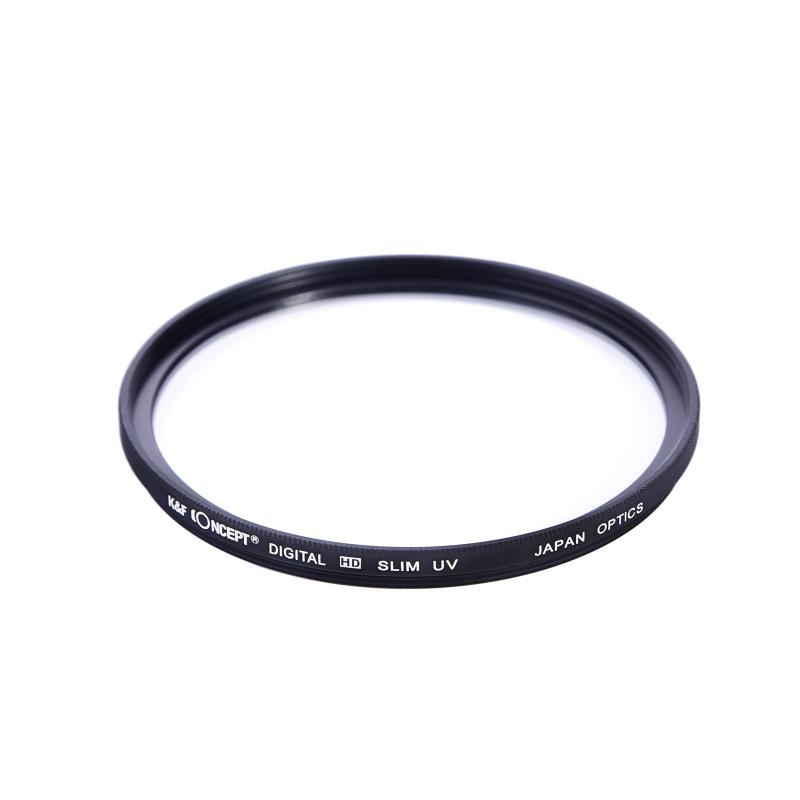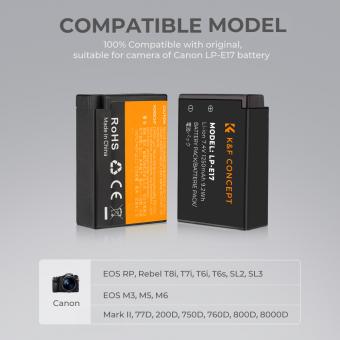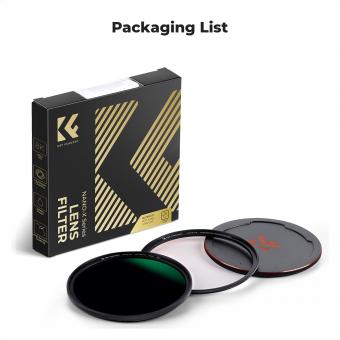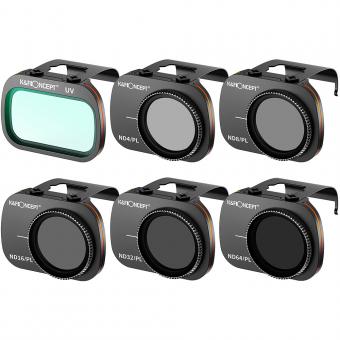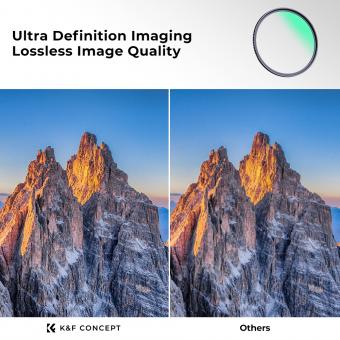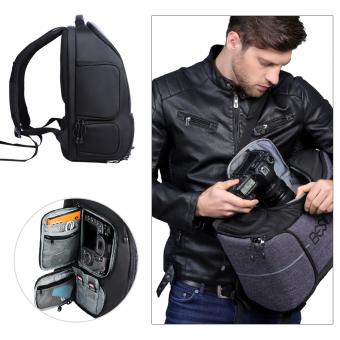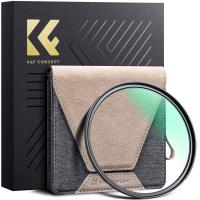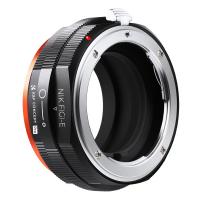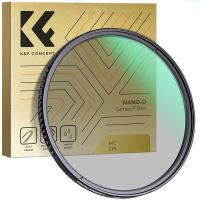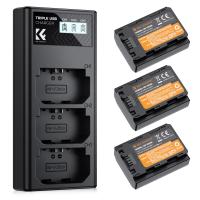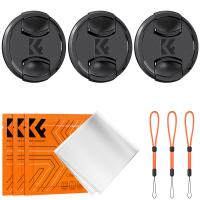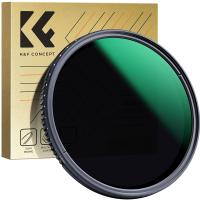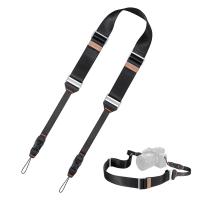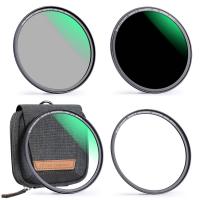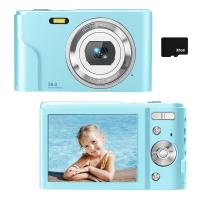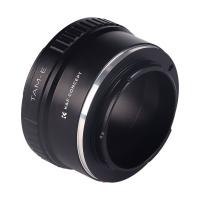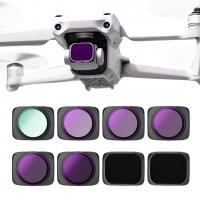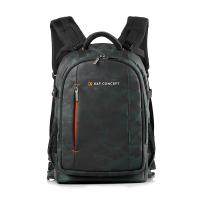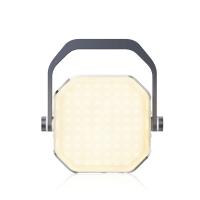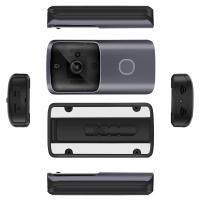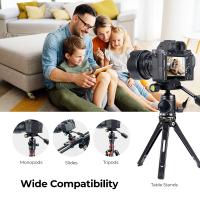What Is A Uv Filter For A Camera ?
A UV filter for a camera is a transparent filter that is placed on the front of a camera lens to block ultraviolet (UV) light from entering the camera sensor. It is primarily used to reduce the effects of UV radiation, which can cause hazy and bluish images, especially in outdoor photography. UV filters are typically made of high-quality glass or optical resin and are designed to have minimal impact on image quality. In addition to blocking UV light, these filters also serve as a protective barrier for the lens, shielding it from scratches, dust, and moisture. UV filters are commonly used by photographers as a standard accessory to improve image clarity and protect their valuable lenses.
1、 Ultraviolet (UV) light and its effects on photography
A UV filter for a camera is a transparent filter that is placed in front of the camera lens to block ultraviolet (UV) light from entering the camera sensor. Ultraviolet light is invisible to the human eye but can have various effects on photography.
One of the main purposes of a UV filter is to reduce the bluish haze that can be caused by UV light. This is particularly noticeable in landscape photography, where distant objects can appear less sharp and have reduced contrast due to atmospheric scattering of UV light. By using a UV filter, photographers can achieve clearer and more vibrant images, with improved sharpness and contrast.
Additionally, a UV filter can also provide protection for the camera lens. It acts as a barrier against dust, moisture, and scratches, which can potentially damage the lens. This is especially important in outdoor photography, where the lens is exposed to various elements.
However, the use of UV filters has become a topic of debate among photographers. Some argue that modern digital cameras already have built-in UV filters, making an additional filter unnecessary. Others claim that UV filters can degrade image quality by introducing lens flare, ghosting, or reducing overall sharpness.
It is important to note that the effectiveness of UV filters in blocking UV light is limited, as modern camera sensors are less sensitive to UV light compared to film. Therefore, the impact of UV light on digital photography is less significant than it was in the past.
In conclusion, a UV filter for a camera is primarily used to reduce the bluish haze caused by UV light and provide protection for the camera lens. However, its necessity and impact on image quality are subjective and depend on individual preferences and the specific camera being used.
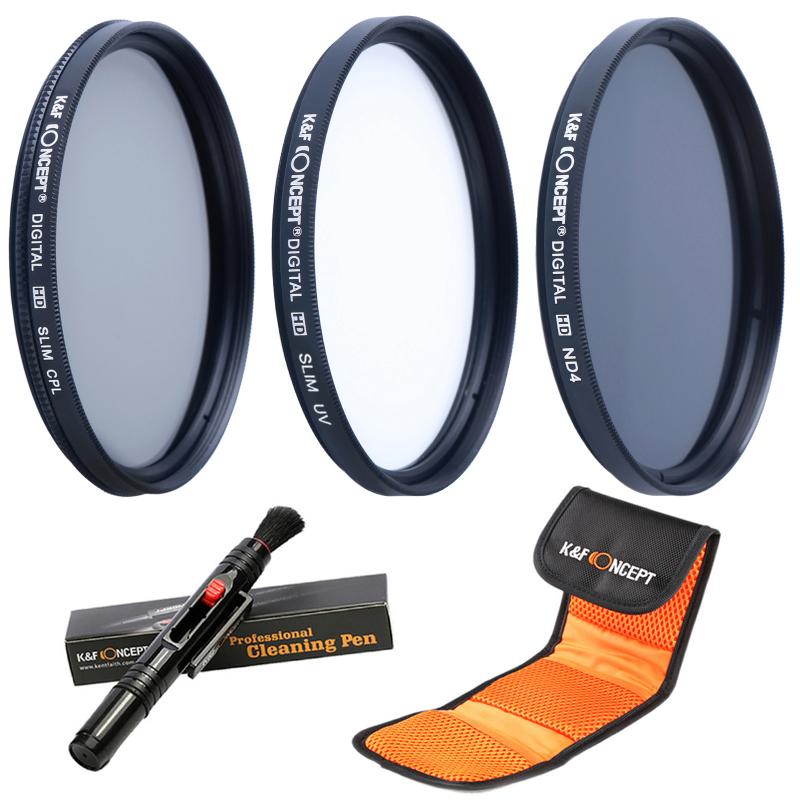
2、 Purpose and benefits of using a UV filter in photography
A UV filter for a camera is a transparent filter that is placed in front of the camera lens to block ultraviolet (UV) light from entering the camera sensor. UV light is invisible to the human eye but can cause a hazy or bluish cast in photographs, especially in outdoor settings.
The purpose of using a UV filter in photography is to reduce the effects of UV light and improve the overall image quality. By blocking UV rays, the filter helps to eliminate the unwanted color cast and increase the clarity and sharpness of the image. Additionally, a UV filter can act as a protective barrier for the camera lens, shielding it from dust, moisture, and scratches.
One of the main benefits of using a UV filter is its ability to enhance the contrast in landscape photography. By reducing the atmospheric haze caused by UV light, the filter allows for crisper and more vibrant images, with better-defined details and colors. Moreover, a UV filter can also be beneficial when shooting in high-altitude or coastal areas, where the concentration of UV rays is higher.
In recent years, there has been some debate about the necessity of using a UV filter, as modern camera sensors are already equipped with UV filters. However, many photographers still choose to use them for their protective properties. A UV filter can serve as a sacrificial layer, taking the brunt of any potential damage instead of the expensive camera lens. This can be particularly useful in challenging shooting conditions, such as dusty or sandy environments.
In conclusion, a UV filter for a camera is a valuable accessory that not only improves image quality by reducing the effects of UV light but also provides a protective layer for the camera lens. While the necessity of using a UV filter may vary depending on the camera and shooting conditions, it remains a popular choice among photographers for its benefits in enhancing image clarity and protecting the lens.
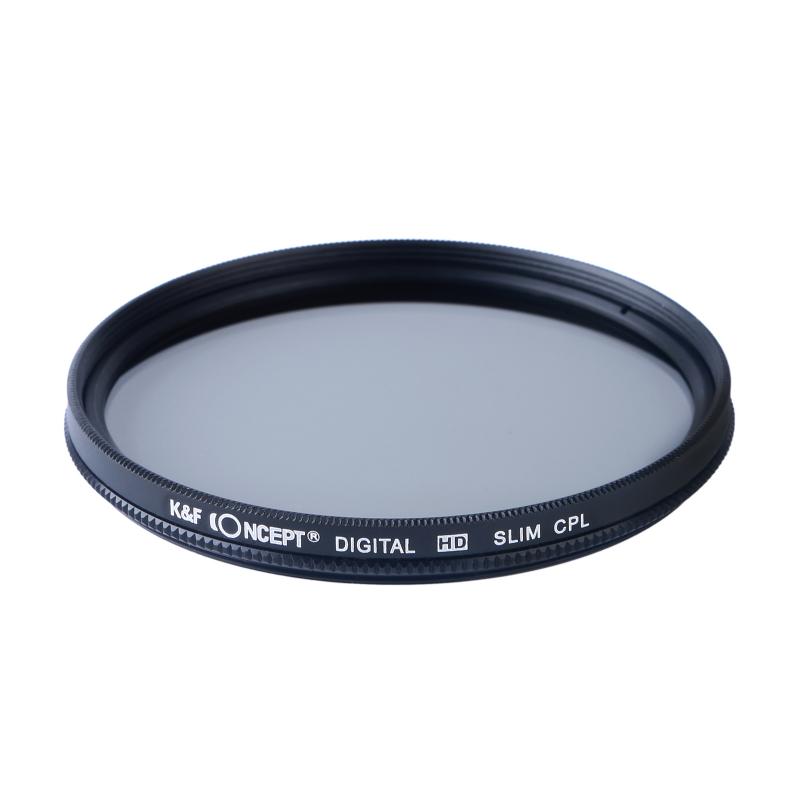
3、 Types of UV filters and their features
A UV filter for a camera is a transparent filter that is placed in front of the camera lens to block ultraviolet (UV) light. UV light is invisible to the human eye but can cause a hazy or bluish cast in photographs, especially in outdoor settings.
The primary purpose of a UV filter is to reduce the amount of UV light that reaches the camera sensor, resulting in clearer and sharper images. It helps to eliminate the unwanted effects of UV light such as atmospheric haze and lens flare. Additionally, a UV filter can act as a protective barrier for the camera lens, shielding it from dust, moisture, and scratches.
There are different types of UV filters available in the market, each with its own set of features. The most common types include:
1. UV Haze Filters: These filters are designed to reduce the bluish cast caused by UV light and provide better color accuracy. They are generally clear and do not affect the overall image quality.
2. Multi-Coated UV Filters: These filters have multiple layers of anti-reflective coatings that minimize lens flare and ghosting. They also repel water, oil, and dust, making them easier to clean.
3. Slim UV Filters: These filters have a thinner profile, which helps to prevent vignetting when used with wide-angle lenses. They are ideal for photographers who frequently shoot landscapes or architectural subjects.
4. UV/CPL Filters: These filters combine the benefits of a UV filter with a circular polarizer. They not only block UV light but also enhance color saturation and reduce reflections from non-metallic surfaces.
It is worth noting that some photographers debate the necessity of UV filters, as modern camera sensors are already equipped with UV filters. However, many still prefer to use them for their protective properties and to minimize the risk of lens damage. Ultimately, the decision to use a UV filter depends on personal preference and shooting conditions.
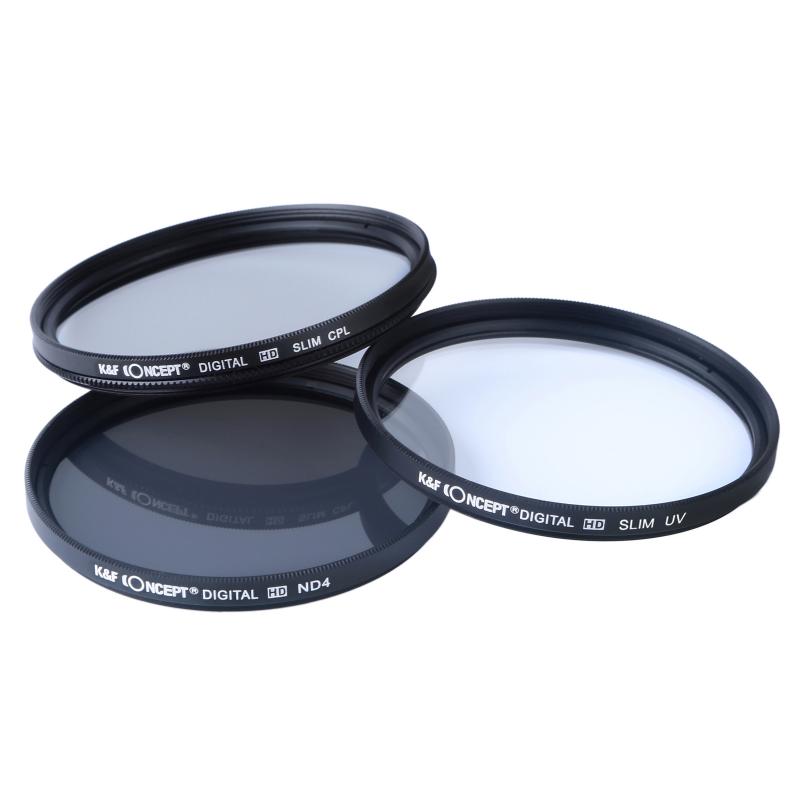
4、 How to choose the right UV filter for your camera
A UV filter for a camera is a transparent filter that is placed in front of the camera lens to block ultraviolet (UV) light. UV light is invisible to the human eye but can cause a hazy or bluish cast in photographs, especially in outdoor settings. The primary purpose of a UV filter is to reduce the amount of UV light that reaches the camera sensor, resulting in clearer and sharper images.
UV filters also provide additional benefits such as protecting the camera lens from scratches, dust, and moisture. They act as a barrier, preventing these elements from directly coming into contact with the lens, which can potentially damage it. This makes UV filters particularly useful in challenging environments, such as sandy or dusty locations, where the lens is more prone to damage.
When choosing the right UV filter for your camera, there are a few factors to consider. Firstly, ensure that the filter is compatible with your camera lens diameter. Most filters come in different sizes, so it is important to select the correct one. Additionally, look for a high-quality filter made from optical glass or resin to maintain the image quality.
It is worth noting that opinions on the necessity of UV filters have evolved in recent years. Some photographers argue that modern digital cameras already have built-in UV filters, making an additional filter redundant. However, others still find value in using UV filters for lens protection and to reduce the risk of lens flare or ghosting in certain shooting conditions.
Ultimately, the decision to use a UV filter depends on personal preference and shooting style. If lens protection is a priority or if you frequently shoot in bright outdoor environments, a UV filter can be a valuable addition to your camera gear.
